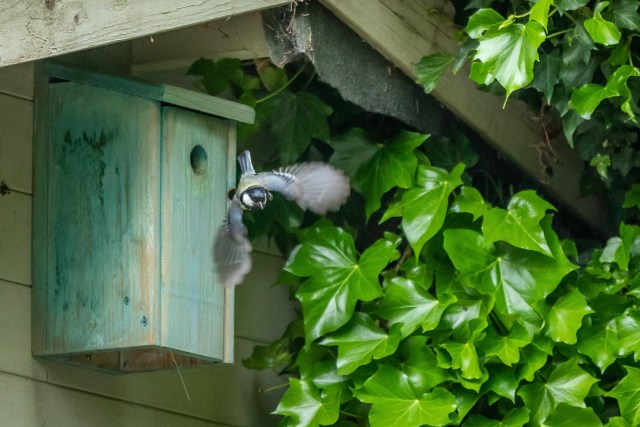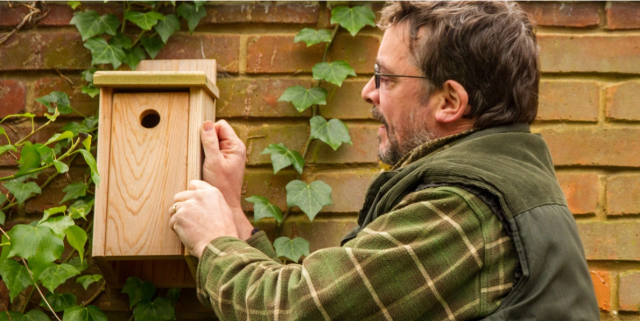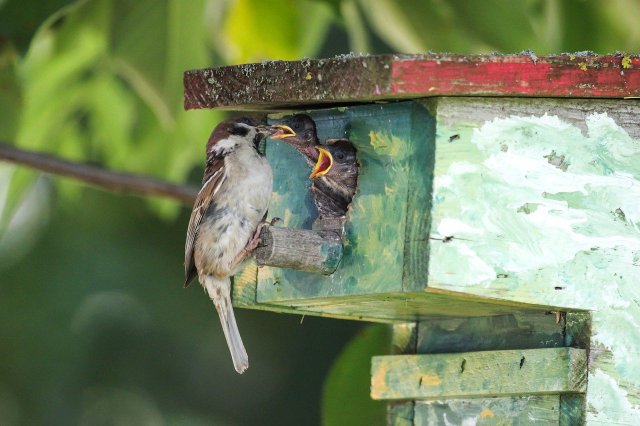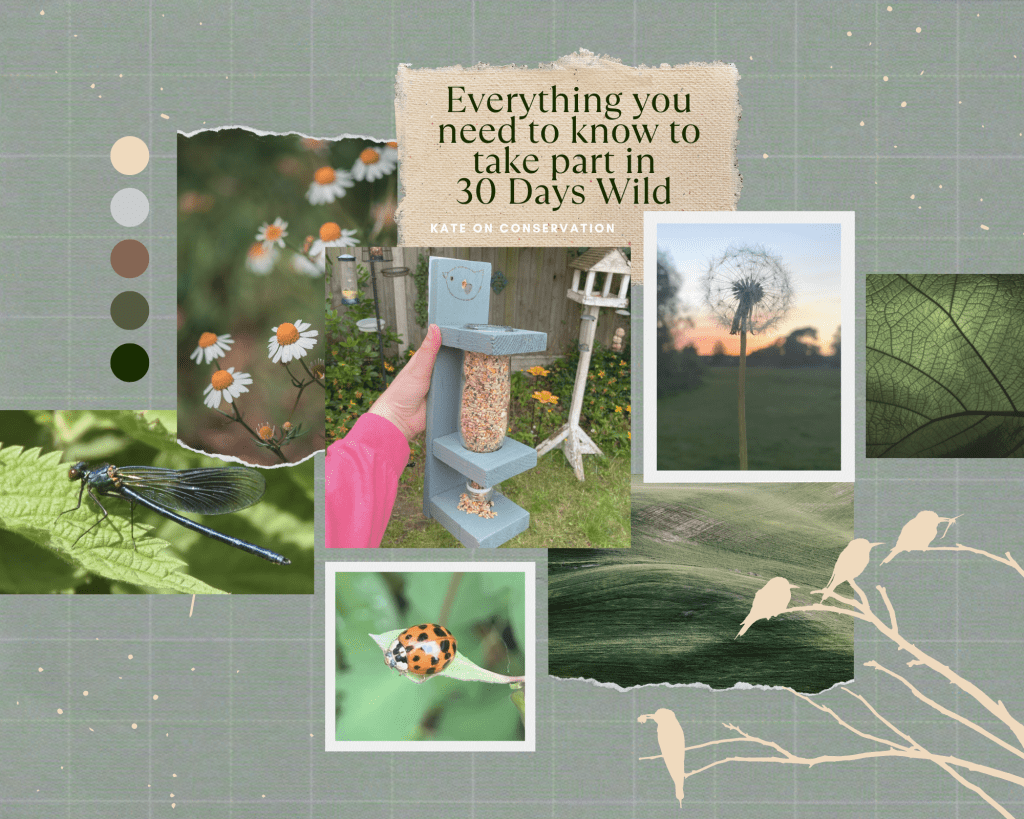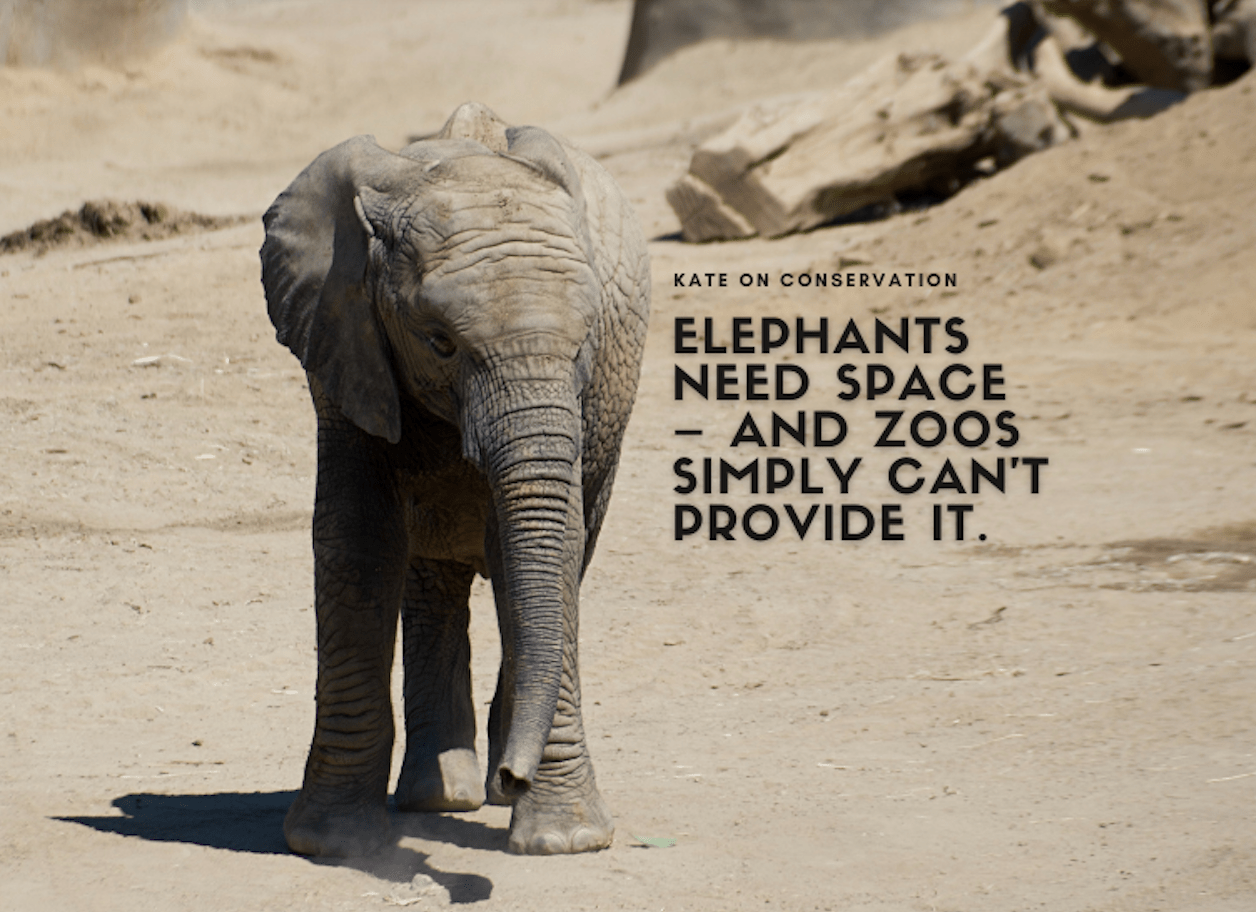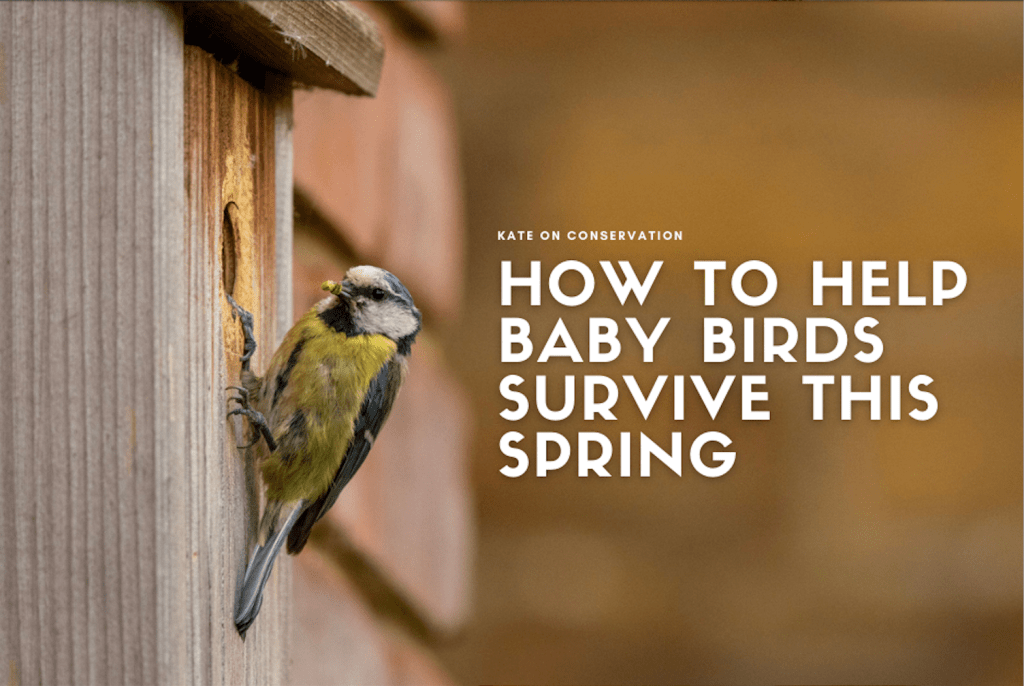
How one may help child birds survive this spring
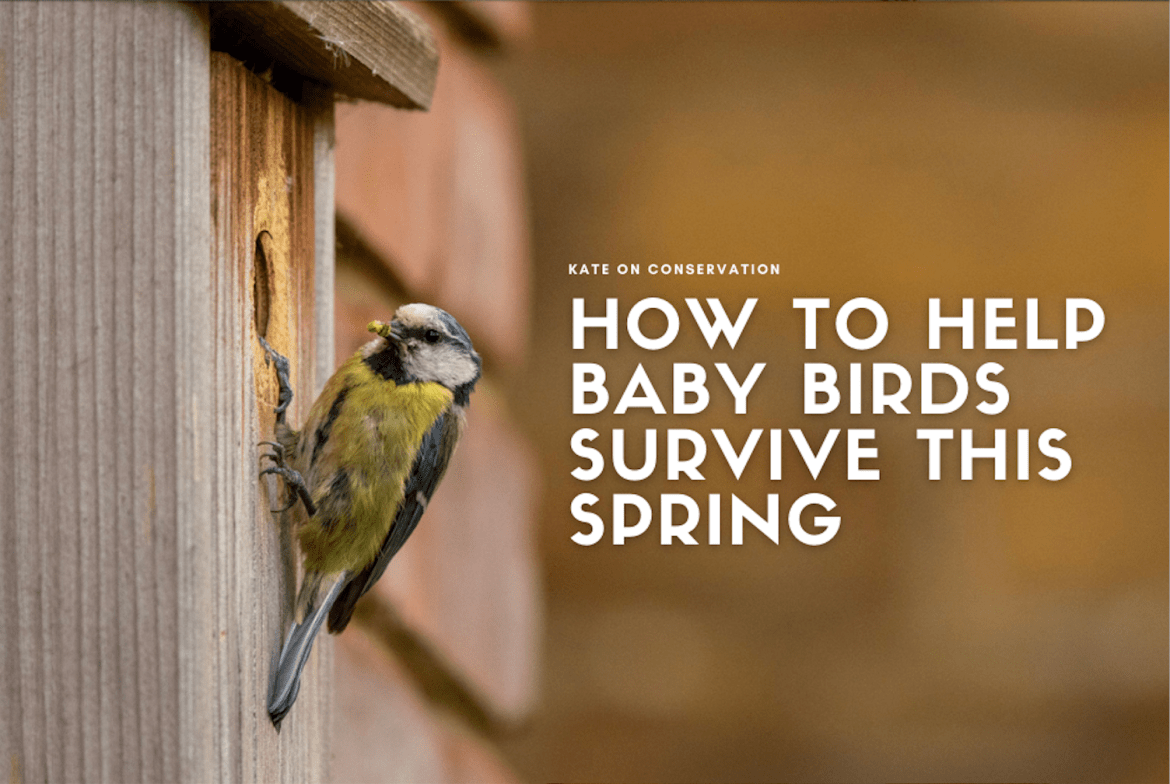
Spring is lastly upon us correct proper right here all through the UK, – and now’s probably the greatest time to assist our nesting fowl species. For this buyer weblog put up, Sean McMenemy from Ark Wildlife explains how we’re going to help our feathered associates uncover their good love nest and produce child birds that thrive.
Save our child birds this spring by growing ‘love nests’, urges UK wildlife knowledgeable
The chances are regularly stacked within the path of child birds, who ought to look at to fly, feed and develop predator consciousness to outlive leaving the nest. In response to the RSPB, solely 37% of blue tits make it by way of their first yr of life.
Plus, spherical 90% of the world’s birds are monogamous, sticking to 1 mate at a time, nonetheless some birds are having exact hassle reproducing. So this Spring, wildlife consultants are urging most individuals to make ‘love nests’ for visiting birds.
Teenager birds want our assist
One in 4 UK fowl species is beneath excessive menace in line with the latest Birds of Conservation Concern report and native local weather change is wreaking havoc with breeding patterns. With some eggs hatching before insect-based fowl meals is in the marketplace, toddler birds have a tough time surviving their early days.
Sean McMenemy, founding father of Ark Wildlife, says: “Between the dearth of woodland, tidier gardens and fashionable, insulated homes, our poor outdated birds are left with far fewer nesting alternate choices.
Gap-nesting birds akin to blue tits will notably admire a relevant nest self-discipline. Open-fronted nest packing containers will attraction to much more species, together with robins and blackbirds.
“Feeding birds is rewarding sufficient, nonetheless nothing compares to watching somewhat little bit of fowl take its first flight, notably if it’s from a nest self-discipline you organize your self. And if we give birds additional areas to nest and supply healthful fowl meals, they’ll mate additional, which is able to assist to gradual the alarming decline in fowl species.”
How one can create a love nest for birds
Merely as us people all have preferences regarding the place we go on dates and carry a household, so do birds. Some, like sparrows and blue tits, favour nest packing containers with small entrances. Whereas others, akin to robins and wrens, want open-fronted nest packing containers. Then there are birds like starlings and woodpeckers, who want higher holes of their nest packing containers.
Sean particulars the steps for making and inserting your nest self-discipline
1. Select some weatherproof timber, not decrease than 15mm thick
2. Use a plan like this RSPB one to chop the wooden to dimension
3. Assemble the sphere, utilizing galvanised screws
4. In the reduction of the appropriate dimension gap for the birds it’s advisable to attraction to
5. Place the nest self-discipline on a wall or tree (2-4m excessive for lots of birds)
Why do some birds mate for all situations and others don’t?
Totally fully totally different fowl species methodology romances in a variety of methods. Home sparrows, as an illustration, usually preserve dependable to 1 one different for all situations, whereas starlings normally preserve companions for only one season. Nonetheless, each are clearly having hassle breeding as they each function on the pink conservation tips from the British Notion for Ornithology.
Most geese and swans, together with barn owls and a few eagles, mate for all situations. It might take quite a few time and vitality to discover a mate, so massive migratory birds save their vitality for his or her extended journeys. Bigger birds’ chicks furthermore take longer to incubate and develop, so these birds don’t waste time looking for new companions. As a plus, the longer breeding pairs maintain collectively, the higher they might take care of his or her youthful, offering a much-needed enhance to fowl numbers.
